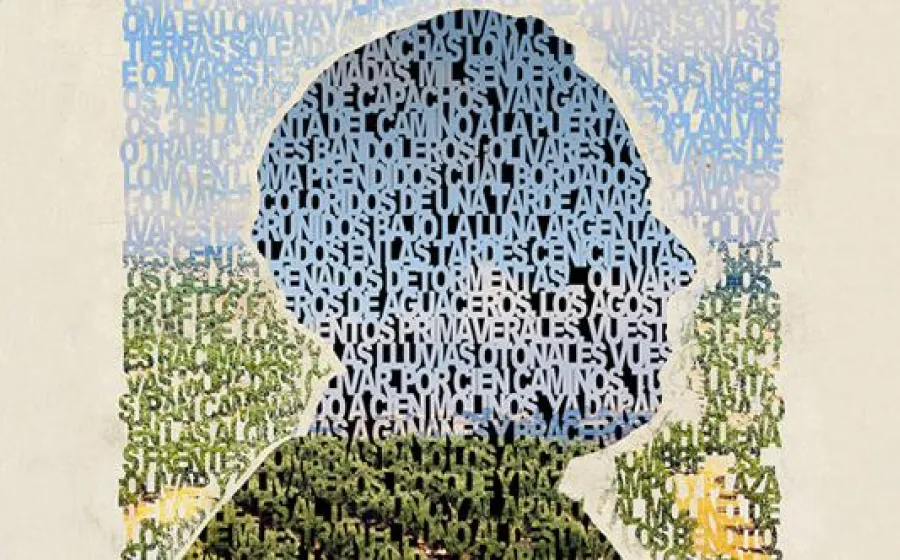HOW TO READ AND WRITE A POEM
A workshop delivered by Ramón Irigoyen
Fecha
26 Febrero
1 Marzo 2013
Espacio
Casa del Lector
Precio
15 euros
Institución
Casa del Lector
The learned say that practice doesn’t consist of the smallest technical error. So to be able to write good poems, we will begin, in the first class, with an introduction to the theory of verse. In the second class, we will review some of the stylistic highlights of poetry in the Spanish language (Ballads, Luis de Léon, Gongóra, Quevedo, Dario, Antonio Machado, Neruda, Vallejo…) and some great parodies of these poems by Jorge Llopis. In the third class, we will write and comment on poems in verse (couplets and ballads). In the fourth class, we will write and discuss a poem in free verse.
Taught by:
Ramón Irigoyen: is the writer of 16 books of original work – books of poetry, stories, essays, business, children’s literature…-. He has also published 15 books of translations from ancient and modern Greek – tragedies by Aeschylus and Euripides, as well as poetry by Cavafy, Seferis and Elitis (the latter two are Nobel Prize winners), among other poets. He has collaborated on 20 current affairs news programs on the radio (Radio Nacional de España, Cadena SER, Cadena COPE) as well as Telemadrid. His work has been translated into ten languages. His collected poems (1979-2011), published by Visor, brings together the books Skies and Winters, Claudillo’s fans , Satirical ballads and Fly at mass. More information at www.ramonirigoyen.com
Objectives:
- Starting from the principal that a word’s meaning is as important as its sound.
- Reading poems correctly in verse, respecting the pause at the end of verse.
- Training the ear until achieving the ability to count, by simply listening or mentally reciting, the syllables of verse without the need to have to count them on your fingers.
- To memorise some of the most beautiful Spanish verse.
- Discover the essential bibliography for reading the best poetry in the Spanish language.
- Write couplets and ballads so beautiful that they will be applauded by Sappho, Virgil, Garcilasco, Quevedo and Machado in their graves.
Check out the workshop schedule here.
Sign up here .
Sign up here .
Ficha artística
- Duracion
- 6 hours

